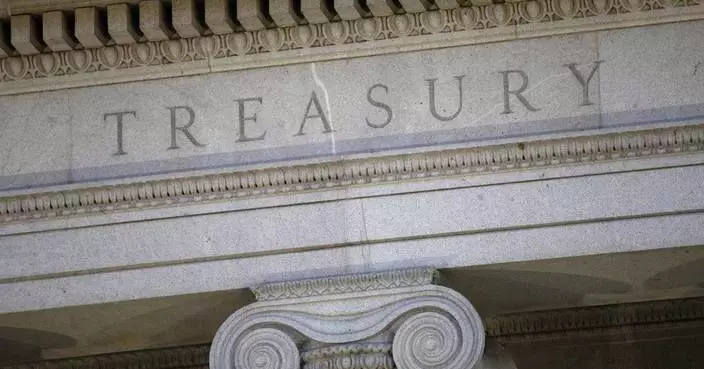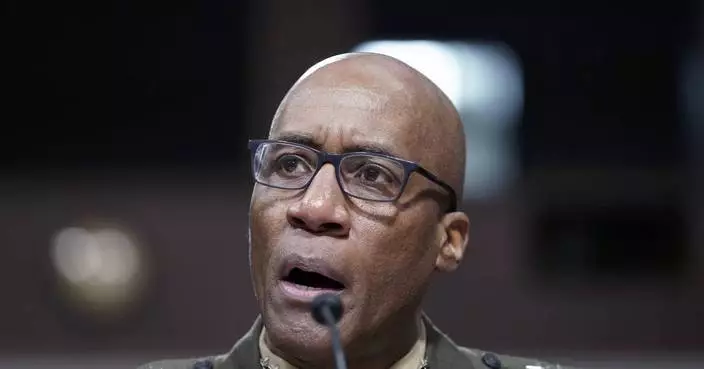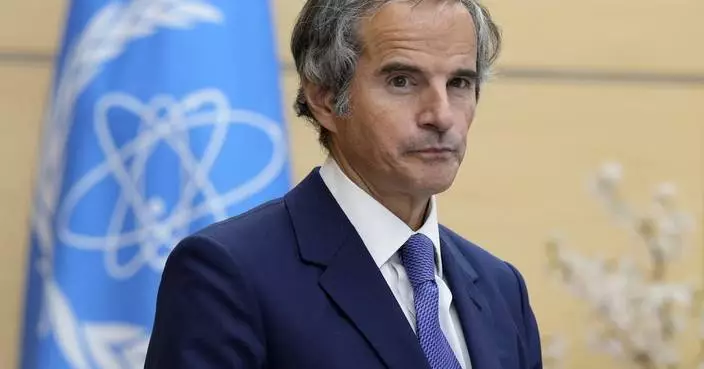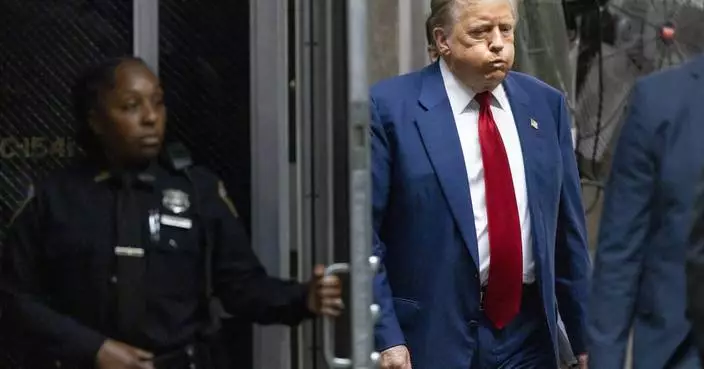Betty Collins was born and raised in Tulsa, but the eighth grade history teacher hadn't been to the state Capitol in Oklahoma City until last spring, when she educators throughout the state walked off the job to protest for better wages and public school funding.
Since that successful walkout, Collins has volunteered for pro-education political campaigns and revived her school's Parent Legislative Action Committee chapter. She has also been back to the Statehouse twice this year to press officials from her district to support public schools and helped host a meet-and-greet with area lawmakers at her school.
The continued political engagement of Collins, many other educators like her and their supporters suggests that the teacher movement that sparked walkouts in half a dozen states last year didn't end with the election of dozens of teachers to state legislatures or hard-won gains in teacher pay and school funding. Teacher unions in Oklahoma and other walkout states, including Arizona, Kentucky and West Virginia, all report increases in membership since the demonstrations, and many are busy recruiting political candidates for 2020.
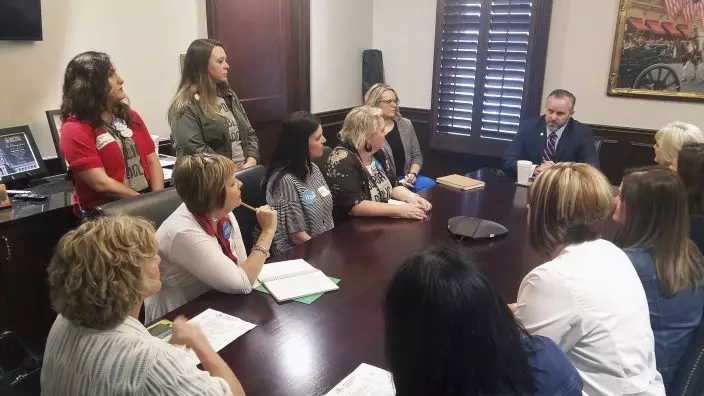
In this April 16, 2019, photo, parents from Putnam City, Edmond and Deer Creek public school districts meet with Senate President Pro Tempore Greg Treat, R-Oklahoma City at his Capitol office in Oklahoma City, Oka. Although there was no organized walkout in Oklahoma this year, teachers and parents visited regularly with their lawmakers to lobby for education, and new Parent Legislative Action Committee chapters are popping up at districts across the state. (Courtesy of Erin Brewer via AP).
"The main thing for me is getting other teachers to be active," Collins said. "We've found that teachers have a huge voice, and if we can just get more teachers more engaged, that voice will only be louder and harder to ignore."
In Oklahoma, the movement resulted in a slight philosophical shift in the Republican-controlled Legislature. A record number of teachers ran for and won seats in the Legislature last year, and energized supporters participated in political campaigns and helped oust a record 12 Republican incumbents from office, including eight who had voted against a tax hike to fund teacher raises.
Spurred by the threat of a work stoppage last year, the Oklahoma Legislature has now given teachers most of what they wanted for two consecutive years, including big boosts in public school funding and back-to-back pay raises.
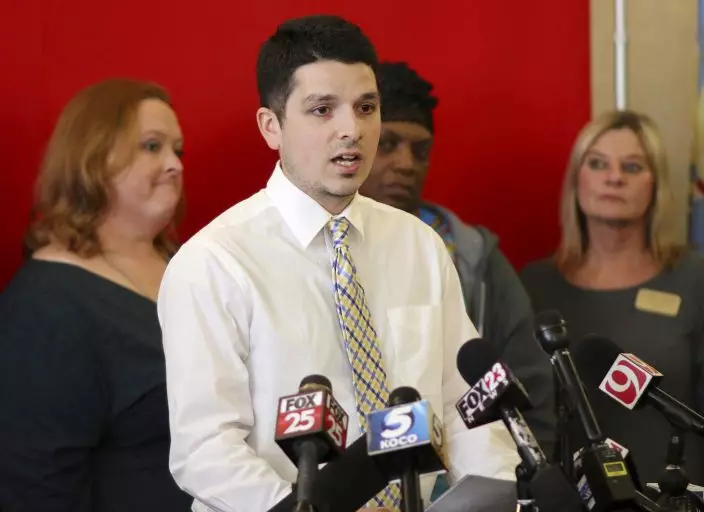
FILE - In this Thursday, March 8, 2018 file photo Alberto Morejon, Stillwater teacher and administrator of the Facebook group "Oklahoma Teacher Walkout- The Time is Now," speaks during a media conference at the Oklahoma Education Association in Oklahoma City. (Doug HokeThe Oklahoman via AP, File)
"The thing is, you don't have to change party control in the Legislature or even change legislators to affect change" there, said Keith Gaddie, a professor and political scientist at the University of Oklahoma. "All you have to do is scare them. And every lawmaker is going to scoff when someone like me says you have to scare them, but the fact is they are all scared to lose re-election."
Although there was no organized walkout this year, teachers continued to be a presence at the Capitol. Delegations of teachers and administrators from throughout the state regularly met with their elected officials to lobby for education and oppose measures they viewed as anti-public education, such as a bill that would have extended tax credits for private school scholarships.
"I lovingly refer to it as 'teacher Tuesdays' because most of the schools that I represent have continuous delegations that come every Tuesday," said state Sen. Carri Hicks, a Democrat and former elementary school teacher who won what had been a Republican-held seat in northwestern Oklahoma City last November. "It's a very tangible reminder that the education community is watching."
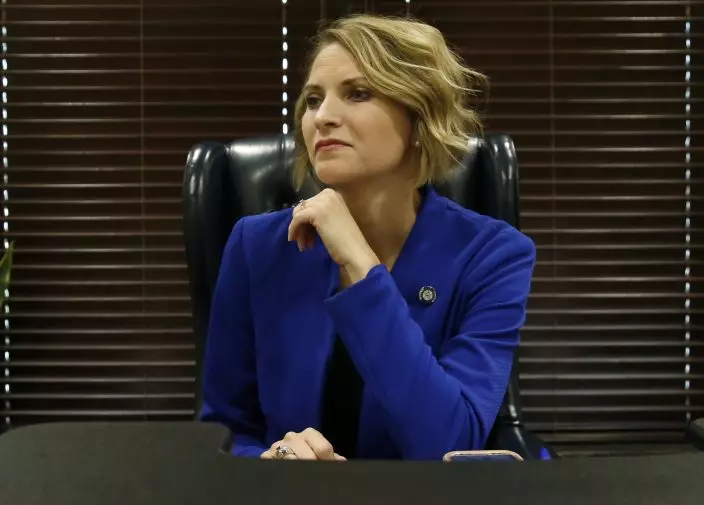
Oklahoma state Sen. Carri Hicks, D-Oklahoma City, listens to a question during an interview in her office Wednesday, May 8, 2019, in Oklahoma City. Hicks is a Democrat and former elementary school teacher who won what had been a Republican-held seat in northwest Oklahoma City last November. (AP PhotoSue Ogrocki)
Parents are also becoming more politically active, with new Parent Legislative Action Committee chapters, which are nonpartisan groups of pro-education volunteers, popping up in school districts throughout the state.
Misty Bradley, a mother of three school-age children in the Oklahoma City suburb of Edmond, said it was during the teacher walkout that she saw photos of public schools with broken furniture, leaky roofs and textbooks that dated back to her own high school days.
"I already knew that teachers weren't paid and respected enough, but I definitely was awakened to the reality that it was a lot worse than I'd ever understood," Bradley said. "I was ashamed for our state."
Bradley and a group of other parents from her district helped form a PLAC chapter, and for the first time, she became involved in a political campaign.
"I gave money. I talked to neighbors and friends about who they were voting for. I began to have conversations that I would have avoided before. It was too important not to say something."
Although there have been clear legislative victories for public education, some Republicans are still bitter about the walkouts. Bills were introduced this year to punish teachers who participate in walkouts, and although they didn't pass, the Oklahoma Republican Party changed its platform to call for withholding state funds for school districts that close during walkouts.
"I've always said it's going to take two election cycles to make a difference," said Alberto Morejon, an eighth grade history teacher from Stillwater whose Facebook page has become an online meeting place for teachers across the state. "After the walkout last year, I think we made a huge difference in the House. ... But in 2020, we have to make a huge difference in the Senate if we want to continue to help public education."
Follow Sean Murphy on Twitter: https://twitter.com/apseanmurphy




